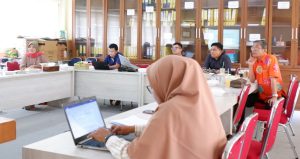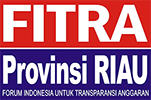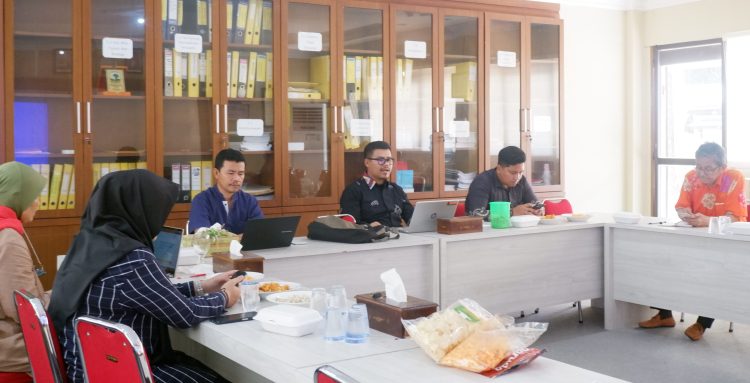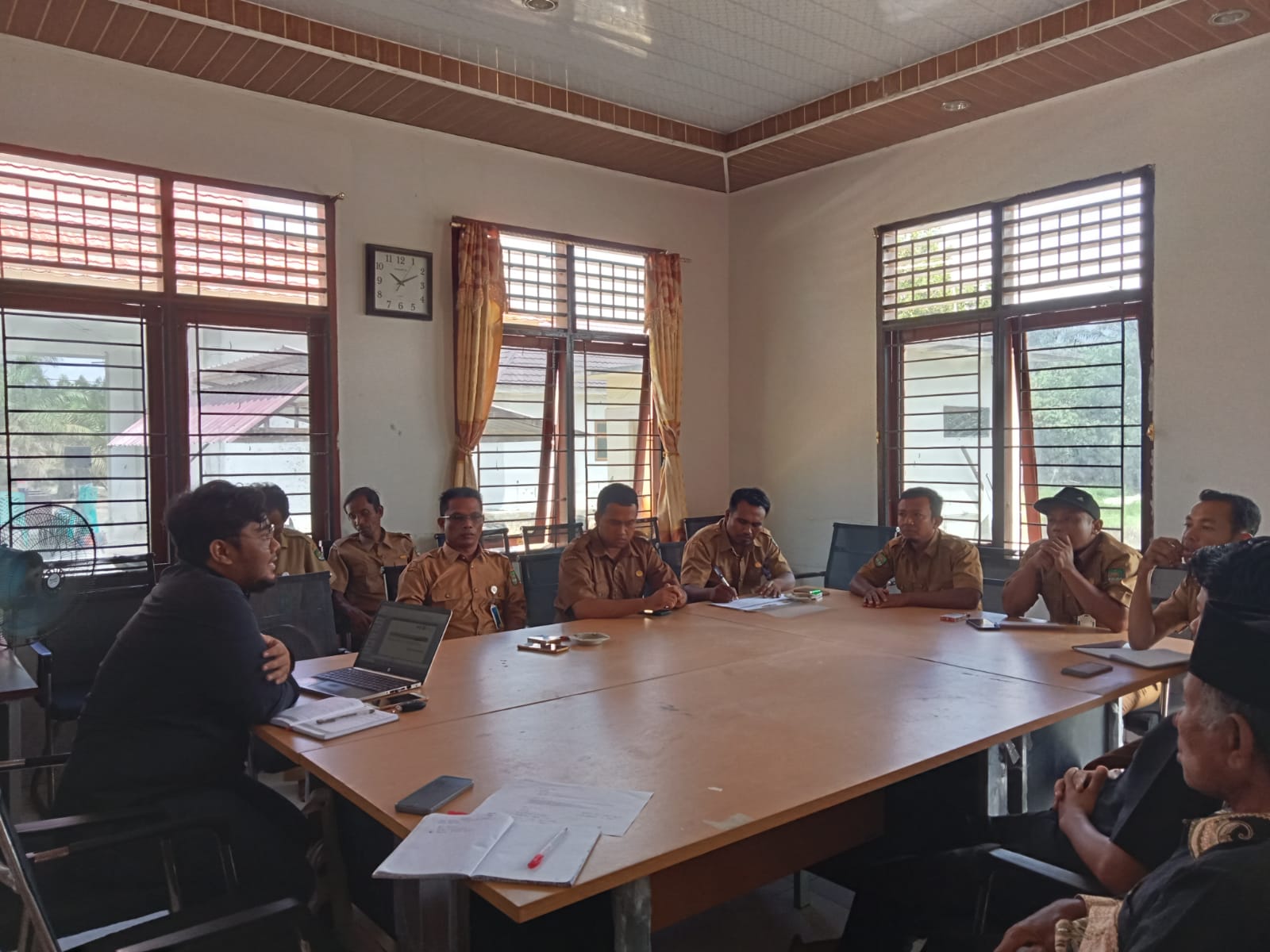FR2023_FITRA Riau conducted a discussion with the Center for Development Studies and Policy (PSKP) of Universitas Lancang Kuning (Unilak) to discuss and collaborate on a study regarding the utilization of Oil and Gas Revenue Sharing (DBH-Migas) for producing areas in Riau Province. The discussion took place in the Auditorium of the Faculty of Public Administration at UNILAK.
Participants included the FITRA Riau team, representatives from PSKP Unilak, academics, and the Institution for Community Economic and Social Empowerment, which is a partner of FITRA Riau.

The discussion process began with an introduction from Mr. Tarmidzi (Deputy of FITRA Riau), stating that FITRA Riau is currently focusing on the issue of utilizing Oil and Gas Revenue Sharing (DBH-Migas), also known as the project “Optimizing the Use of Oil and Gas Revenue Sharing for Poverty Alleviation.
In his presentation, it was emphasized that a study is needed to strengthen strategies for poverty alleviation in oil and gas producing areas. The focal areas of this study are the districts of Bengkalis, Pelalawan, and Rokan Hulu. Tarmidzi clarified this.
The Center for Development Studies and Policy (PSKP) of Universitas Lancang Kuning will be involved as the authors of the study, preparing the study’s baseline and conceptual instruments, including the stages and plans for the preparation of the DBH-Migas study for the three districts.
Alexander (a member of PSKP Unilak) explained that the phases to be undertaken involve preparing the study’s baseline, gathering data, and developing instruments that will serve as interview tools and survey mapping to measure the impact of company activities on the surrounding communities. This will also involve gathering the local community’s opinions regarding company activities. If needed to reinforce the study, direct village surveys might also be conducted. Alex stated this.
FITRA, along with the Institution for Community Economic and Social Empowerment (LPESM), is also involved in the DBH-Migas project by providing support to communities in villages. They are conducting ASOSEK (Social and Economic Analysis) mapping through accompanying women’s groups and conducting interviews to assess the conditions of villages (communities) in the three districts (Bengkalis, Pelalawan, and Rokan Hulu). ASOSEK mapping is still in progress.
Furthermore, Fajarwaty Kusumawardani, the Chair of PSKP Unilak, mentioned that this collaboration between FITRA Riau and the Center for Development Studies and Policy of Unilak for the DBH-Migas study employs the SLA instrument. This instrument is deemed suitable for use, considering the explanation of the ASOSEK instrument earlier, as several data points can complement the study. However, some additional data are required concerning natural conditions, government building conditions, assets, and several factors that can indicate their impact. Fajarwaty concluded this.
During the discussion process, PSKP Unilak welcomed the cooperation on the study’s optimization of DBH-Migas utilization for poverty alleviation in oil and gas-producing areas in Riau Province. In the future, a cooperation agreement will be established through a work contract and further discussions to refine the study.














